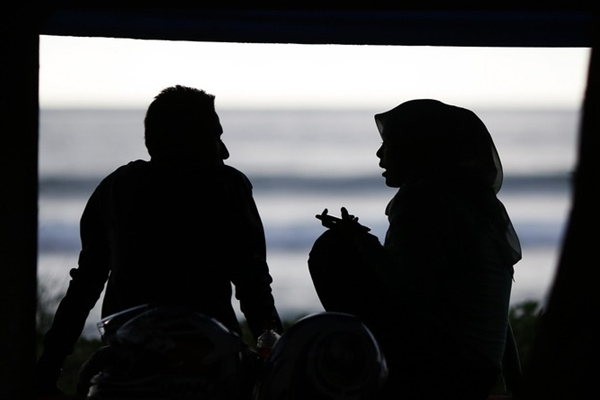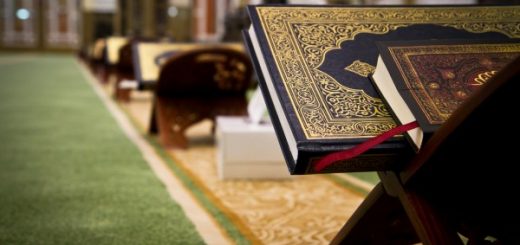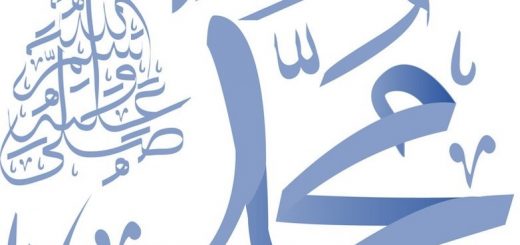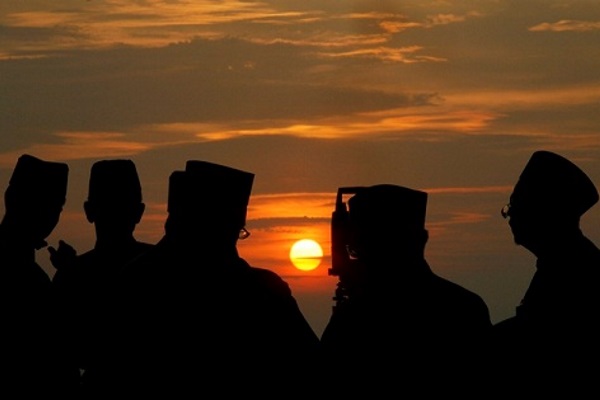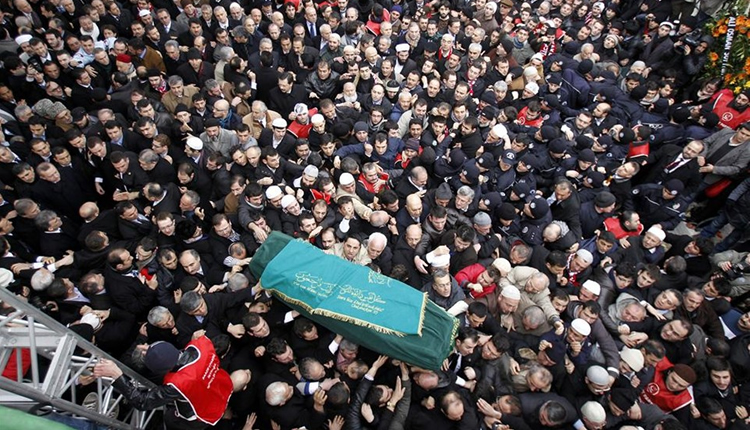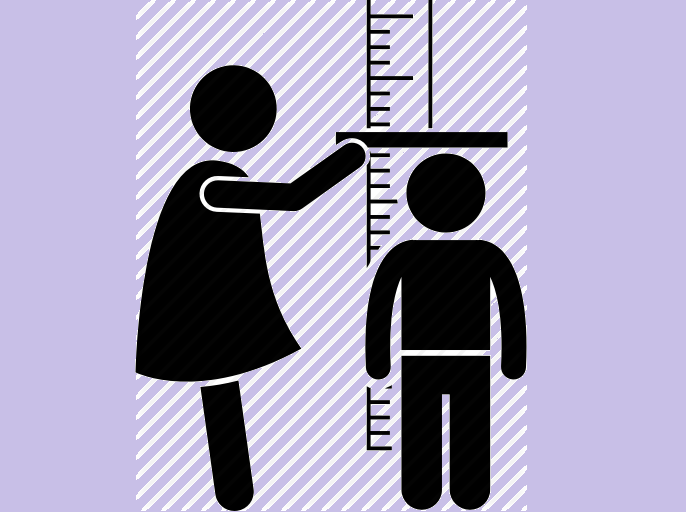QUESTION:
Please advise me on this matter, my friend is telling me that I should stop listening to certain Arab Scholars and stay away from them. The reason she said that is because these Scholars have some links with deviant groups like the Deobandis/Tablighi jamaat and they do not speak against them instead they stay silent. My other friend says these Arab Scholars are fine as they have Sunni beliefs and it doesn’t matter if they don’t speak against the Deobandis.
My questions is, should we take from these Scholars? What opinion should we hold from them? I don’t want to lose either friend but I also want to know who is correct. Can you please help as I am really confused and depressed.
ANSWER:
I understand that this is a difficult situation for you especially if friend and family are involved but it is commendable to see you eager to follow what is right. May Allāh Almighty ease the path of haqq for us and distance us from all that which is falsehood.
In answer to the question in brief there are two parts. The first concerning the Deobandi school itself and the second is how to deal with deviant groups in light of the Quran and Hadith.
The great scholars of the Arab world from all four schools have given their verdict in regards to the four individual imams of the Deobandi sect as having committed kuffr by using derogative words against the best of creation the Messenger of Allāh Almighty (صلى الله عليه وآله وصحبه وسلم). A group who sees no fault at the door of Deobandis in regards to these statements can only be described as deprived of the respect needed towards the Messenger of Allah (صلى الله عليه وآله وصحبه وسلم).
Almost four hundred Ulama from all corners of the Indian subcontinent and the Arab world have documented and recorded their verdicts in and around that time when the issues had first emerged. Allāh Almighty knows best of that number to date. You may refer to Hussamul Haramayn and al-Sawarim al-Hindiyyah.
The work of latter Deobandi Ulama to justify theses disgusting statements and a complete rejection of even a mild form of criticism is evident enough to show their worth. Even if one was to put aside all other deviant beliefs this school holds, like the possibility of lying for Allāh Almighty etc, how can one turn a blind eye to such an insult towards the Messenger of Allah (صلى الله عليه وآله وصحبه وسلم)?
Therefore any position held regarding these four personalities to be fine or which blurs the understanding of their enormity should be rejected and ignored whether it comes from an Arab or a non-Arab. The issues are far greater than that debate. Especially as many are still ill-informed or don’t understand the debate in any detail.
This brings me to the second issue which is ‘how to deal with such deviant groups’. Often enough I hear from certain people that there is a practical wisdom ‘hikmat amli’ in associating with the people of bid’ah, that it build bridges and that everyone is happy and friends etc.
The problem of this methodology or theology whatever it may be is based on the fallacy that wisdom lays in other than the teaching of the Qur’an and Hadith, that friendship and hatred isn’t for the sake of Allāh Almighty and building bridges into the fire somehow will not burn you. With some it seems to be that “I’m so pious and so learned and so well versed in knowing what’s right and wrong that it will not affect me.”
Associating and respecting the people of bid’ah isn’t permissible. There is overwhelming evidence to support this from the books of the Ahle Sunnah based on the Qur’an and Ahadith anyone who contradicts this either is giving his personal opinion or blurs the reality.
Many a time it is seen that these people will draw trenches with Sunni Ulama over personal or minor fiqh issues. Like one such Shaykh who was asked how to deal with certain Sunni Muslims (who spoke ill of the Shaykh), he replied “you should avoid them and not listen to them” but in the Deobandi kufriya texts it is a fitna to speak up according to him.
The Deobandis shouldn’t be foolish to think that this gives them some kind of legitimacy because it was the same people who refused to speak up against the likes of the Alawies of Syria, the Qadianies of India and in fact only in recent times there was a movement to claim the Lahore branch to be Muslims, astagfirullah. As this is absolutely not acceptable from a Arab or a non-Arab so likewise with the Deobandi sect.
A person is therefore advised to avoid people with corrupt beliefs and should be cautious in taking matters from people who may be ill-informed or to whom the evidence hasn’t been made clear in these specific matters making them excused. One should also understand that a specific tariqah or group can’t be spoken for by one individual especially if there is a history of great scholarship and many Ulama amongst them who have spoken on this issue previously.
Allah knows best.
Answered by Shaykh Naveed Jameel ash-Shaami & attested by Ustadh Ibrar Shafi.
Also see:
[Q-ID0036] How do I distinguish the right sect in Islam from those that are astray?
[Q-ID0084] Fundamental differences between Sunnism & Wahabism






